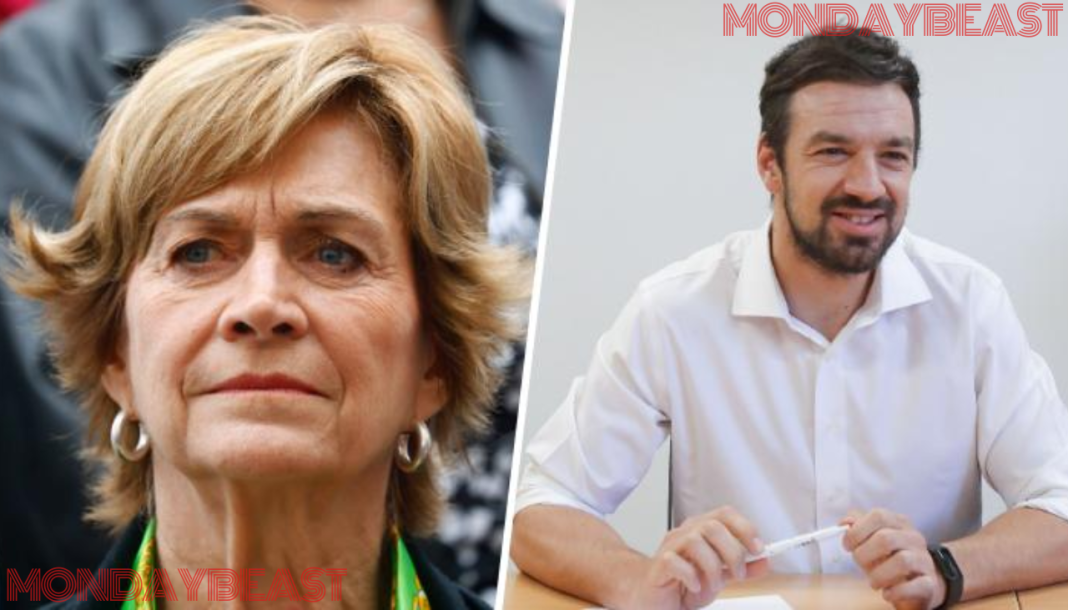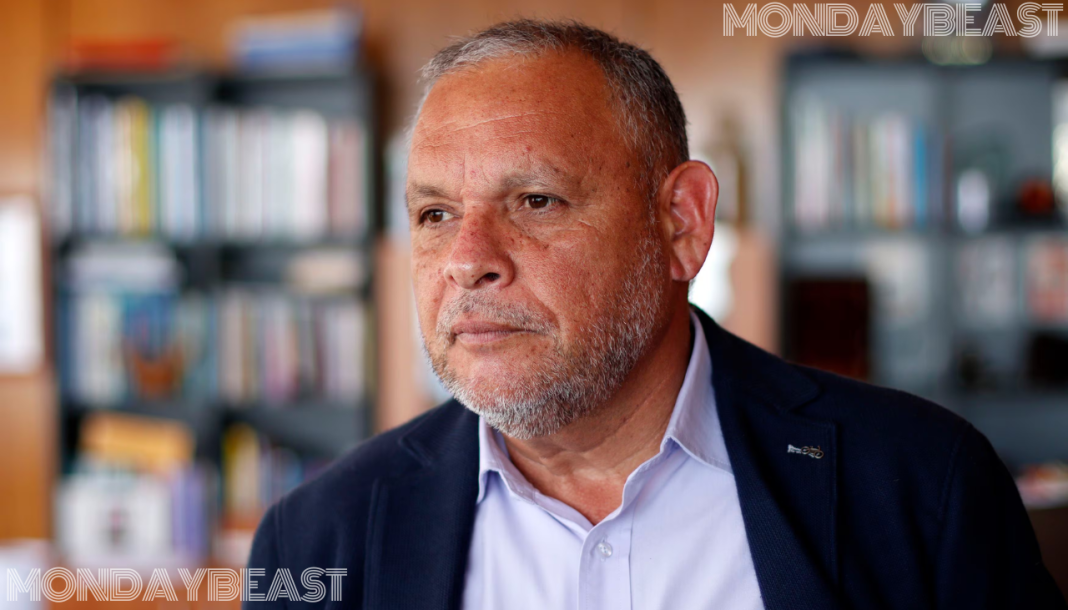In the midst of a turbulent election day in Chile, tensions surged between key political figures, creating a storm of public opinion and debate. Evelyn Matthei, the mayor of Providencia, expressed disappointment in Tomás Vodanovic, the mayor of Maipú, for his comments regarding Francisco Orrego, the leading candidate for governor of the Metropolitan Region. But why did her remarks resonate so strongly?
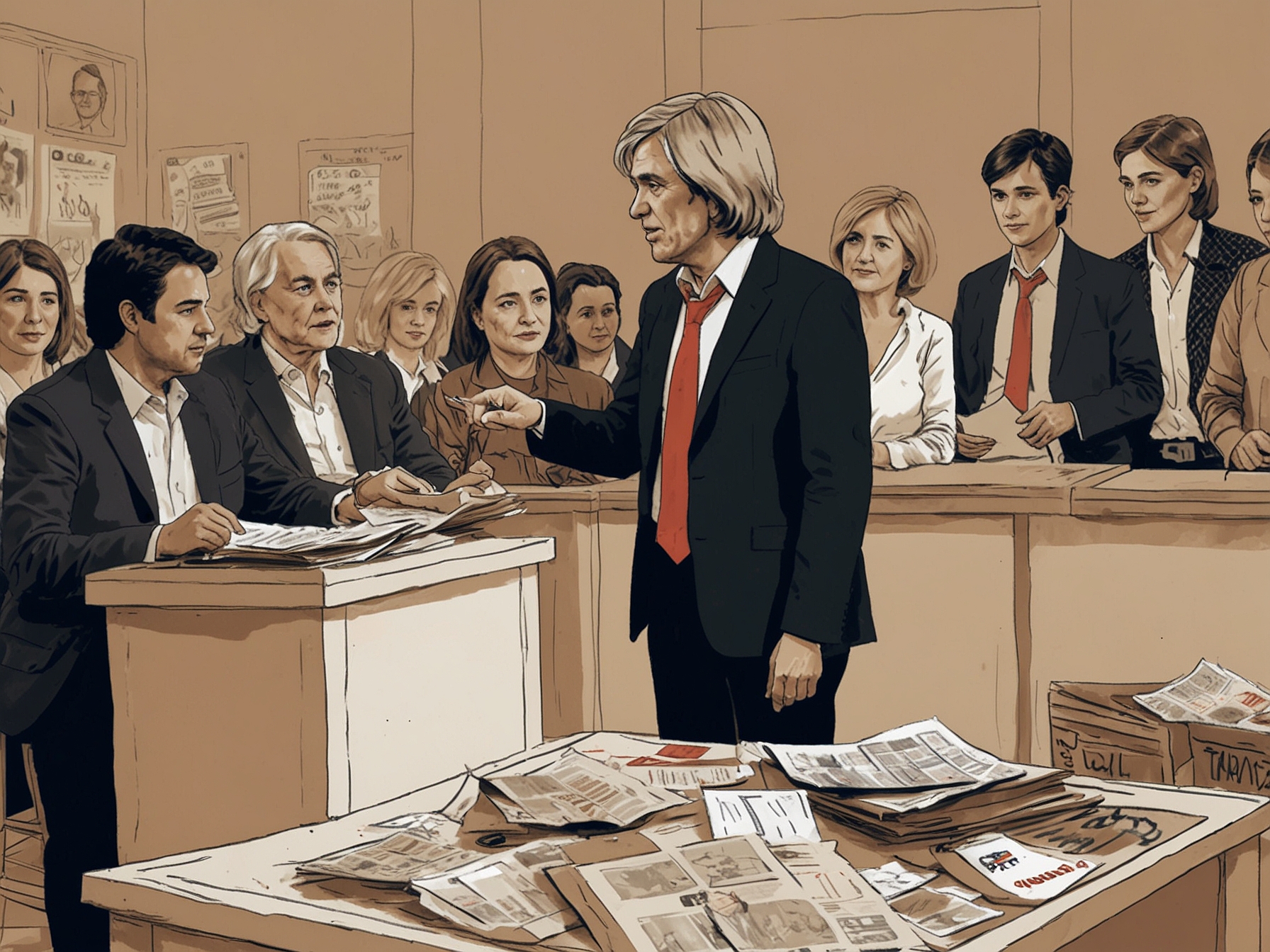
The political landscape in Chile is often filled with passionate exchanges, but the emotions ran high this time. Vodanovic suggested that Orrego’s previous insults to local leaders created a barrier to effective governance. He emphasized the need for collaboration among mayors to bring forth projects that improve lives.
His statement begs the question: can real change occur when political leaders refuse to cooperate? Matthei’s response was sharp. “Qué pena que Tomás caiga en eso,” she lamented, disappointed by Vodanovic’s perceived attack.
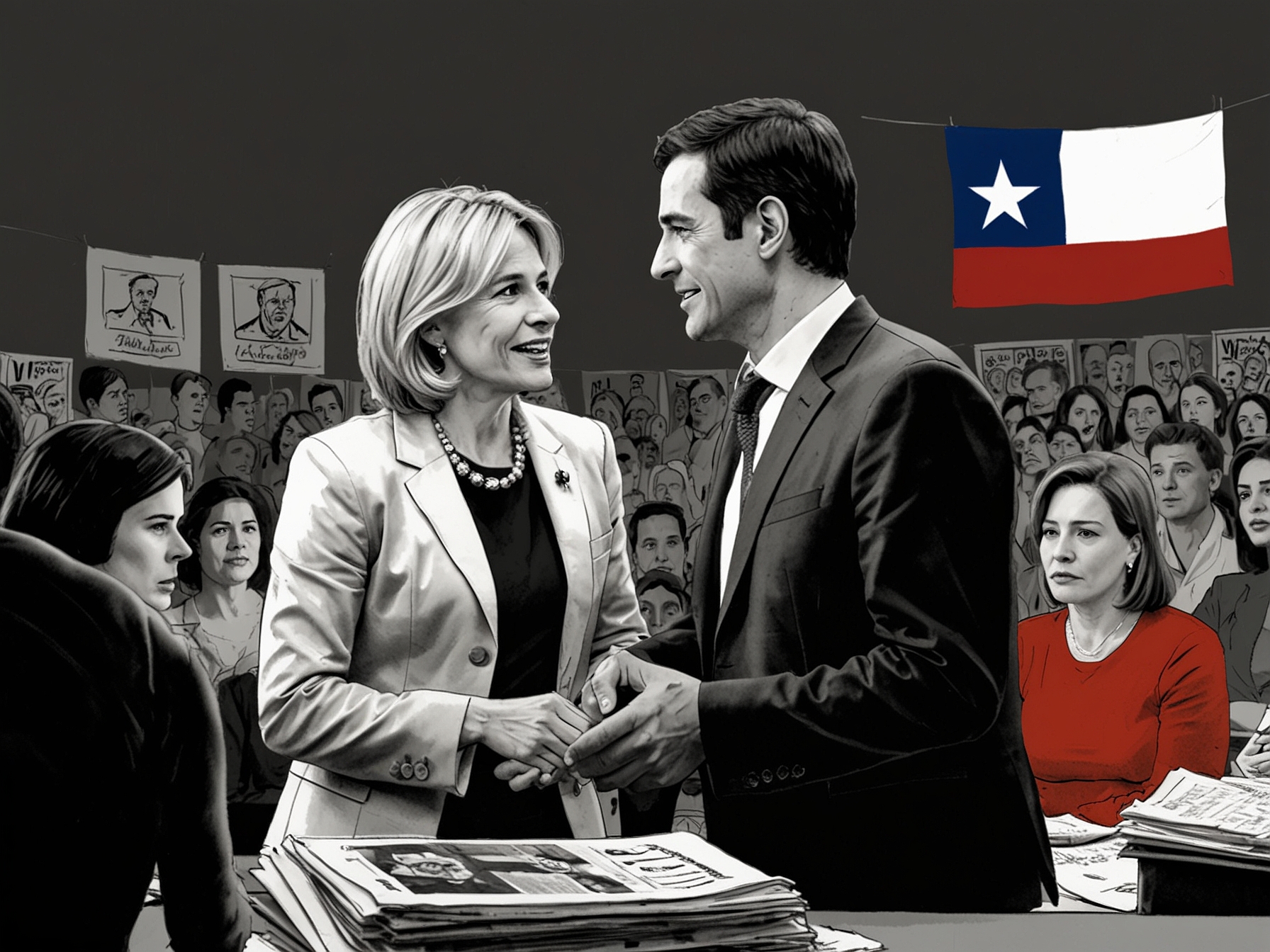
She defended Orrego, asserting his ability to separate political banter from state responsibilities. Is this a sign of loyalty, or a genuine belief in Orrego’s capacity to lead? Matthei conveyed, “He’s serious, disciplined, and definitely someone who will work with all sides.”
Moreover, her critique didn’t stop at Vodanovic. She also targeted Claudio Orrego, noting how his campaign appeared to skew towards right-leaning figures, painting him as disingenuous for not equally representing all political sides. It made me think about how visual politics can manipulate public perception—how often do we see politicians strategically use images to create a narrative?
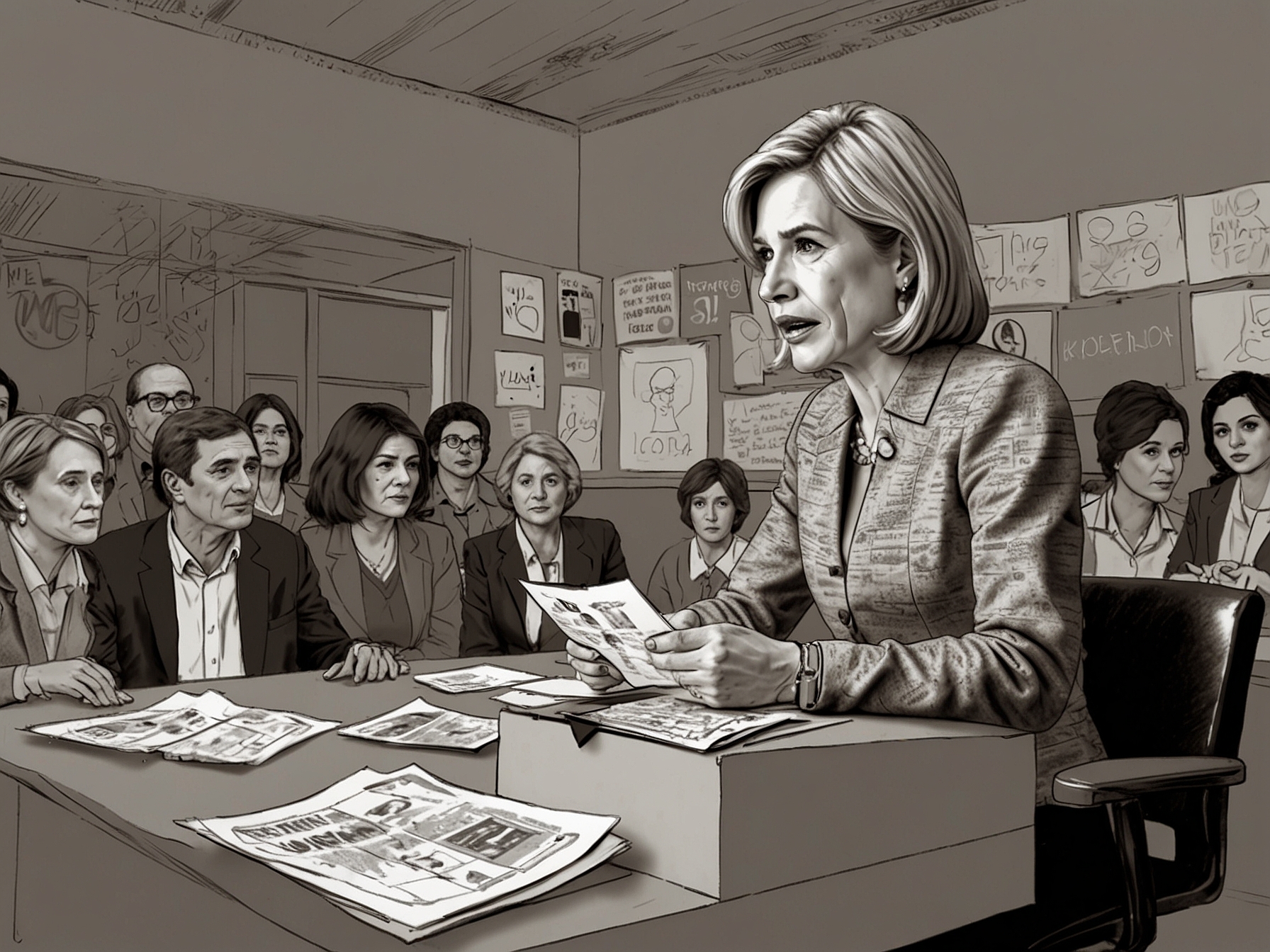
While Vodanovic expressed concern over the challenges of collaborating with a leader who has publicly insulted him, Matthei insists on the importance of unity and collaboration. As she put it, “It’s about sitting at the table.” But is it really that simple?
When public trust has eroded, what does it take to have productive political discussions? The atmosphere thickened when José Antonio Kast, a prominent right-wing politician, joined the fray, accusing Vodanovic of electoral interference. Kast stressed that the day of voting should be a peaceful time for citizens to exercise their rights without outside influence.
His accusations raised the stakes: how does one draw boundaries between encouraging participation and manipulating outcomes? After his voting experience, Vodanovic brushed off Kast’s allegations, demonstrating his focus on the bigger picture of political discourse rather than engaging in squabbles. This brings us back to the heart of the matter—are these confrontations just noise, or do they expose deeper fissures within the political fabric of Chile?
The political saga surrounding Orrego, Vodanovic, and Matthei is emblematic of broader issues in governance and collaboration. As these leaders navigate their public personas against the backdrop of a charged election, one can’t help but reflect on the implications for democratic engagement.
Will their disagreements yield dividends of innovative governance or further entrench the divides already present within Chile’s political community? Thus, the tension between meaningful dialogue and mere accusations offers food for thought: does contention lead to progress, or is it a roadblock? Such reflections may well shape the future of leadership in Chile as citizens watch how these leaders respond to challenges, and each other.

